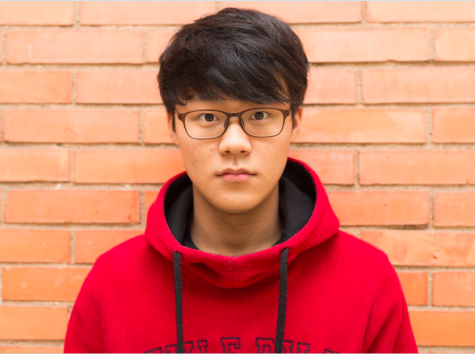Japan Strikes Back
After World War II, Japan ratified Article 9 of its pacifist post-World War II Constitution that states “the Japanese people forever renounce war as a sovereign right of the nation and the threat or use of force as means of settling international disputes.” Even if its allies were under attack, it could not take actions unless it was also under attack. Historically, this was an appropriate and necessary agreement as it has prevented the nation from taking any hostile measures against other countries.
Recently however, the Japanese government, after seventy years, decided to reinterpret this section – rather than overhaul the Constitution in its entirety – by voting on allowing its Self-Defense Force to offer limited military actions for its allies abroad in Parliament where a two-thirds majority would be required for the legislation to pass.
The government passed this legislation with 148 for-votes as opposed to 90 against-votes. Shinzo Abe, the prime minister of Japan, justifies his decision to ease the restriction on Japanese military action by citing global issues such as tensions in China and looming nuclear weapons development in North Korea. It easily became a fierce controversy in both Japan and numerous other nations. Countries such as China and Korea suffered from the Japanese government’s inhumane misdeeds in the first half of the twentieth century, including the epidemic of forced sex slavery in the 1930’s and 1940’s. Understandably, these countries do not want to repeat the past.
China condemned Japan for caving into old-fashioned ideas prevalent during the Cold War period. The Chinese government adduced the fourteen year Japanese occupation of the Chinese city Mukden, which took place after Japan believed that Chinese nationalists had destroyed Japanese railroads. The Chinese ministry insisted that Japan learn from history, promote peace, and seriously consider its Asian neighbors’ concerns.
South Korea also criticized Japan’s provocative action. “In deciding and implementing defense and security policy down the road, Japan will have to do so with transparency and in the direction of contributing to regional peace and stability, while maintaining the spirit of the pacifist constitution,” a Foreign Ministry statement published by Yonhap News Agency read.
In Japan, the new legislation has been highly divisive. Tokyo has experienced massive demonstrations over the measures with numbers of protestors at the highest they have been in fifty years. Members of Parliament engaged in scuffles as the opposing members attempted to delay the passage of the legislation. The opposition blamed Shinzo Abe for forcefully pushing the controversial bill without sufficient public debates. The supporters, however, agreed with the prime minister as they believe that Japan should prepare for emerging global threats stemming from China and North Korea.
Koichi Nakano, a professor at Sophia University, suggests that the security legislation may strengthen the Japanese government’s support of its allies. At the same time though he firmly recommends that the government “slow down so that people get a better understanding of what is happening.”
Source: CNN

Next year, The Talon loses a tremendously important News Reporter, as Matthew Kim is a senior and finishes high school in May. The Talon knows Matthew...










